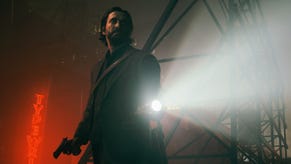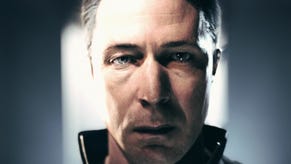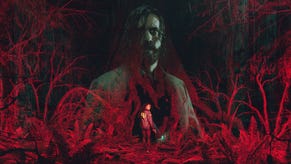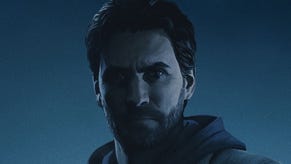Remedy's Sam Lake
On why Alan Wake's taken six years and what he's like now he's ready.
Sam Lake grins as I set up my dictaphone in the basement lounge of Remedy's Helsinki offices. He knows what my first question's going to be before the interview starts.
Alan Wake, Remedy's forthcoming psychological thriller and Lake's latest game, has taken the better part of six years to come to fruition. That's a long time in any entertainment industry, but in video games it feels like a small age.
But even though Remedy's head writer looks a little nervous today, he's confident that the quality of his company's newest IP will go a long way - as well he should be, as you will know if you've read our hands-on elsewhere today.
[Laughs] I know.
Well, first there's our size. Based on industry standards, when you look at other developers working on games of a similar scope, we are a very small team. We have around 45 people here these days, and we've grown quite a lot during the project - we were around 30 when we started.
We develop our own technology for the game - the engine, our own tools - and of course this is a completely new franchise so all the characters and the story have been grown from scratch. So you've got a lot of different game aspects that need to be developed in tandem, that are happening at the same time. With a team as small as ours, it takes time.
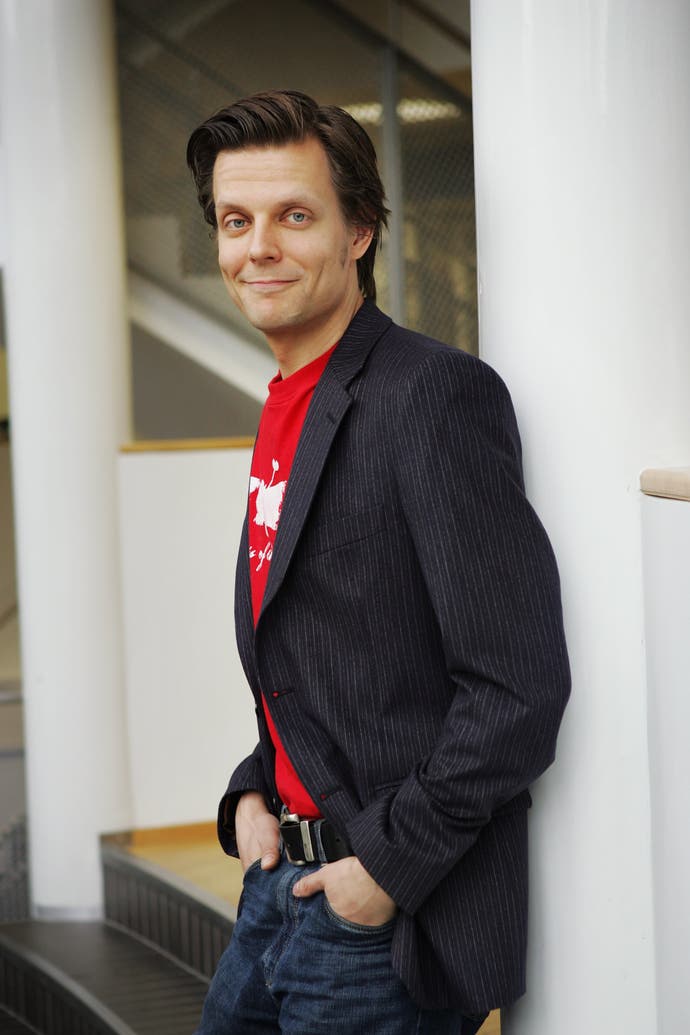
When we started the project, we were in a very fortunate position in that we were able to take our time and prototype different things. We had the kind of high-level vision of what we wanted Alan Wake to be, but from the gameplay side we were trying out a lot of different things in order to get the right balance and combination of elements to fit the game with that vision. There were several elements that we took quite far before we stopped and decided that, no, these didn't fit into our game.
The early period of finding that balance... Well, let's just say it took some time!
Well, we look for sources of inspiration in pop culture in general. It's very important for us that, when it comes to storytelling, we don't look into other video games. We'd rather look into other mediums - movies, television series and books - for sources of inspiration.
We want something that hasn't really been seen in video games before but is still familiar to many people and would resonate with them. Drawing from those sources, we then create our own game.
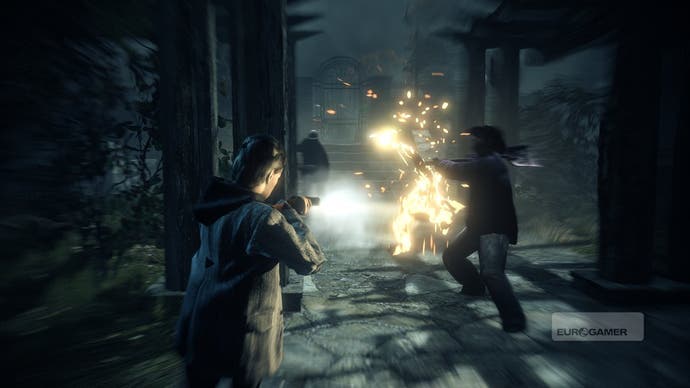
The two inform each other as they grow. There's a lot of open dialogue - as there has to be - between the departments. We tend to start with the story and then do a breakdown of different locations and events. For the actual gameplay, we do prototyping and then allow a progression - things that work well will naturally cut back and affect the story. That is, the story needs to explain or inform or give a decent framework for the gameplay mechanics.
So the two processes affect each other. However, the writing process - at least here at Remedy - is what kicks the project off and it informs the game right the way through until the end. It's there from the high-level outset and informs every detail of the game. There's two writers on the project now - luckily I'm no longer having to do it all alone [laughs].
As the gameplay scenes are shifting around, you'll need extra lines of dialogue for other characters and for the main protagonist. You need to make sure everything makes sense and you need to provide enough clues for the player. There's a high level of polishing that carries on right the way through the process.


